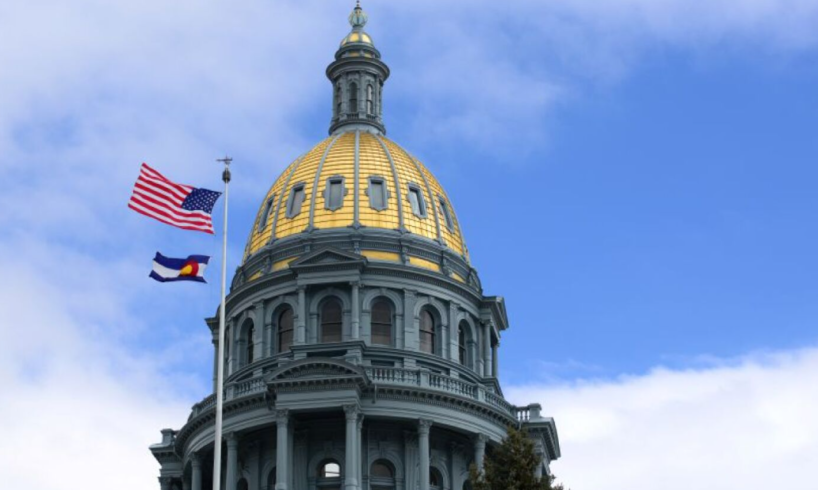
In the final days of the 2022 Colorado General Assembly, Democrats in Denver rushed through legislation expanding collective bargaining privileges to tens of thousands of employees in over half of the state’s 64 counties.
Unions had hoped for legislation covering all public employees in Colorado, but opposition from schools, cities and public universities, as well as concerns from the governor’s office, frustrated those ambitions, at least for now. Most counties fiercely opposed the bill, too, but the Democrat majority presumably wanted to give unions, among the party’s most influential backers, a win.
Whatever disappointment unions express in the bill’s narrowed scope, if signed into law by Gov. Jared Polis, SB22-230 would represent a significant expansion of their political power.
Unlike their private-sector counterparts, government unions can influence or determine the elected officials they will ultimately bargain with via aggressive participation in electoral politics. The American Federation of State, County and Municipal Employees, which already represents some Adams County employees and enthusiastically backed SB22-230, boasts that, “Political action allows us to directly elect our bosses …”
While public employees have the same rights of speech and association as anyone else to form or join organizations to advocate for their interests via advocacy, lobbying or political activity, what unions really want is to commandeer the apparatus of government to conscript taxpayers and workers into subsidizing union interests.
SB22-230 is a textbook example.
First, the legislation requires counties to use taxpayer-funded payroll systems to deduct dues from the paychecks of any employee who signs up for union membership in writing, electronically or telephonically. The ubiquity of modern electronic payment methods renders this entirely unnecessary; if workers can pay for Netflix without government help, they can handle dues payment on their own, too.
Unions prefer payroll deduction because it minimizes employees’ control over dues payment and enables a variety of coercive union practices, including even forging employee signatures on membership forms.
Further, SB22-230 would allow unions to meet with new employees on work time. Unions routinely use such captive audience settings to pressure employees into signing up for membership.
SB22-230 also requires counties to provide unions with employees’ personal contact information – including residential address and personal phone numbers and emails – meaning any employee who manages to resist union overtures at work can be barraged with membership solicitations at home.
Cancelling union membership, however, is a different story. Instead of simply asking their payroll department to stop deducting dues, the bill requires employees to submit cancellation requests to the union, thereby subjecting them to onerous and arbitrary union restrictions.
In the Denver School District, for example, one union only accepts membership cancellation forms completed at its office during business hours between September 1 and 7.
These kinds of coercive practices and restrictions are all much harder to implement without payroll deduction of dues, since it is easier to get someone to sign a pre-filled membership form or say “yes” to a telephonic membership solicitation than it is to get them to hand over their credit card.
Third, SB22-230 also allows unions to negotiate “paid time” for union officers. Such utterly indefensible arrangements allow employees who are union officials to perform union work on-the-clock, even full-time, without any reduction of their government salary or benefits. Why should taxpayers have to subsidize a private organization whose job is negotiating against the public? And why do unions collect dues if not to pay their officers and staff?
Buoyed by taxpayer support and armed with coercively inflated dues revenue, unions will plow resources into electing county commissioners more favorably disposed to union demands at the bargaining table, thus further increasing their power.
And in future general assemblies, more unions representing more employees will clamor for unionizing additional government workforces, and this time counties will sit out the fight.
While the sky won’t fall overnight, over time, more and more aspects of county government will be determined through collective bargaining and the public will be left to wonder why taxes are higher, government services are poorer, and nobody seems to be able to do anything about it.
This article was originally posted on County collective bargaining bill rewards unions, harms employees and taxpayers